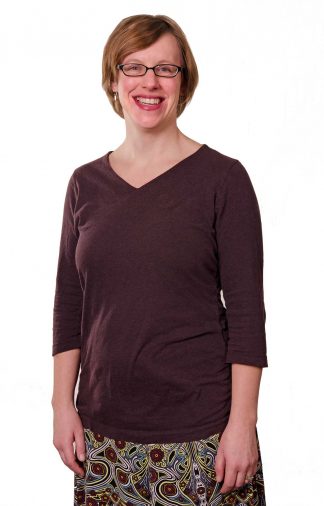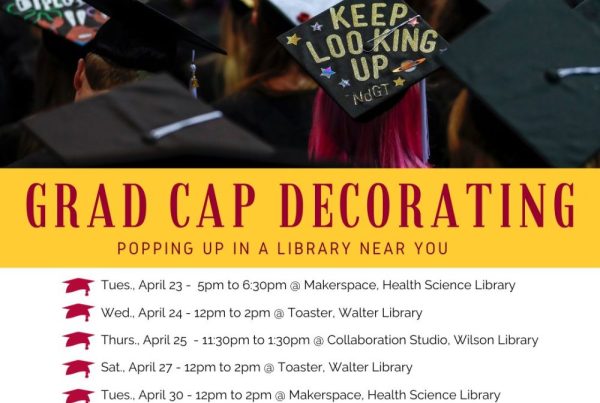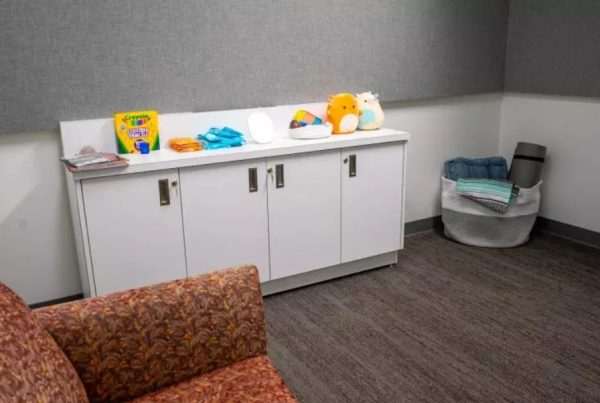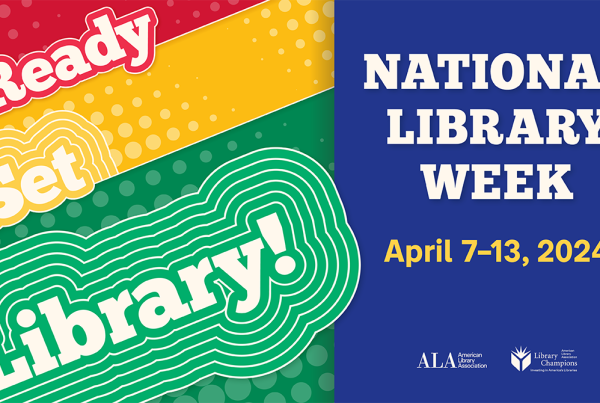By Jon Jeffryes
If you started classes as an undergraduate at the University of Minnesota in recent years, then you’ve probably met Kate Peterson.
 Kate, the University of Minnesota Libraries’ Undergraduate Services Librarian, coordinates, collaborates on, and works at events designed for new undergraduate students. These events include library information tables at new student and transfer orientations in the summer, the Academic Survival Event during U of M day of Welcome Week, library activities for CLA 1001, and workshops like “Intro to Library Research” in First Year Writing and “ to help students prepare for future faculty research experiences.
Kate, the University of Minnesota Libraries’ Undergraduate Services Librarian, coordinates, collaborates on, and works at events designed for new undergraduate students. These events include library information tables at new student and transfer orientations in the summer, the Academic Survival Event during U of M day of Welcome Week, library activities for CLA 1001, and workshops like “Intro to Library Research” in First Year Writing and “ to help students prepare for future faculty research experiences.
These events reach thousands of undergraduate students each year and work to ensure students are aware of all of the great spaces, online research tools, and services available to them while also teaching the basics of academic library research.
Along with event coordination and workshop instruction Kate also provides one-on-one support to students and researchers working the desk in the Wilson Library and as subject librarian to the Writing Studies department, First Year Writing Program and the University Honors Program.
‘I love seeing what students are curious about’
All of these opportunities to teach and interact with students provide Kate a “great way to connect the curiosity that students have with the sources that we have in the Libraries and the archival collections.”
It is that intellectual curiosity of our students that inspires Kate.
“I love seeing what students are curious about, what their research interests are,” Kate says, “I’m always impressed by what they’re interested in learning about.”
That curiosity drives Kate not just to point them to relevant information sources, but also to expand the focus of their inquiry, “showing them some things that they might not know about.”
Library Data and Student Success
Fostering that curiosity also provides a measurably positive impact to students. Kate and research colleagues have investigated the benefits library services provide to students in their long-term project, Library Data and Student Success.
It has long been assumed that using the library improves a student’s academic experience. Kate and her colleagues wanted to see if that assumption stood up to the rigors of analytical investigation.
Early findings found that students who used the libraries (e.g. online journal, checked out a book, attended library workshop, etc.) were more likely to have a higher GPA than students who didn’t use the library and were more likely to return to the University the next semester. Since the project has been going on for several years now they’ve also learned that library use also correlates positively with a four-year graduation timeline.
Creative ways to connect students with the Libraries
Seeing the concrete numbers illustrate the positive impact of library usage drives Kate to find creative ways to connect students with the Libraries and ensure they know about the research tools, services and collections available to them.
“We’re always looking for new and interesting ways to try to share with students all of the stuff that we have, spark their curiosity, make the Libraries and the library website a place that they know about and that they can go to and that they can use themselves, so that they can find the information that they need.”
This year that resulted in the Libraries marching in the Homecoming Parade, staffing a table at Dinkytown’s Open Streets street festival, and helping to bring over eight PAWS therapy animals to Wilson Library to reduce stress during finals.
Kate believes that student success relies not only on the librarian teaching at the front of the classroom, but on the collective work of all library staff members. Although she’s the face many students see, it’s the culmination of the work of all her colleagues that provides the benefit.
“It’s all parts of the library — from the folks that work on buying our books and online journals and the catalogers and the teachers and the people who work on our desks and all the people who work on our spaces — that all contribute to supporting our amazing students as they’re doing great research.”




